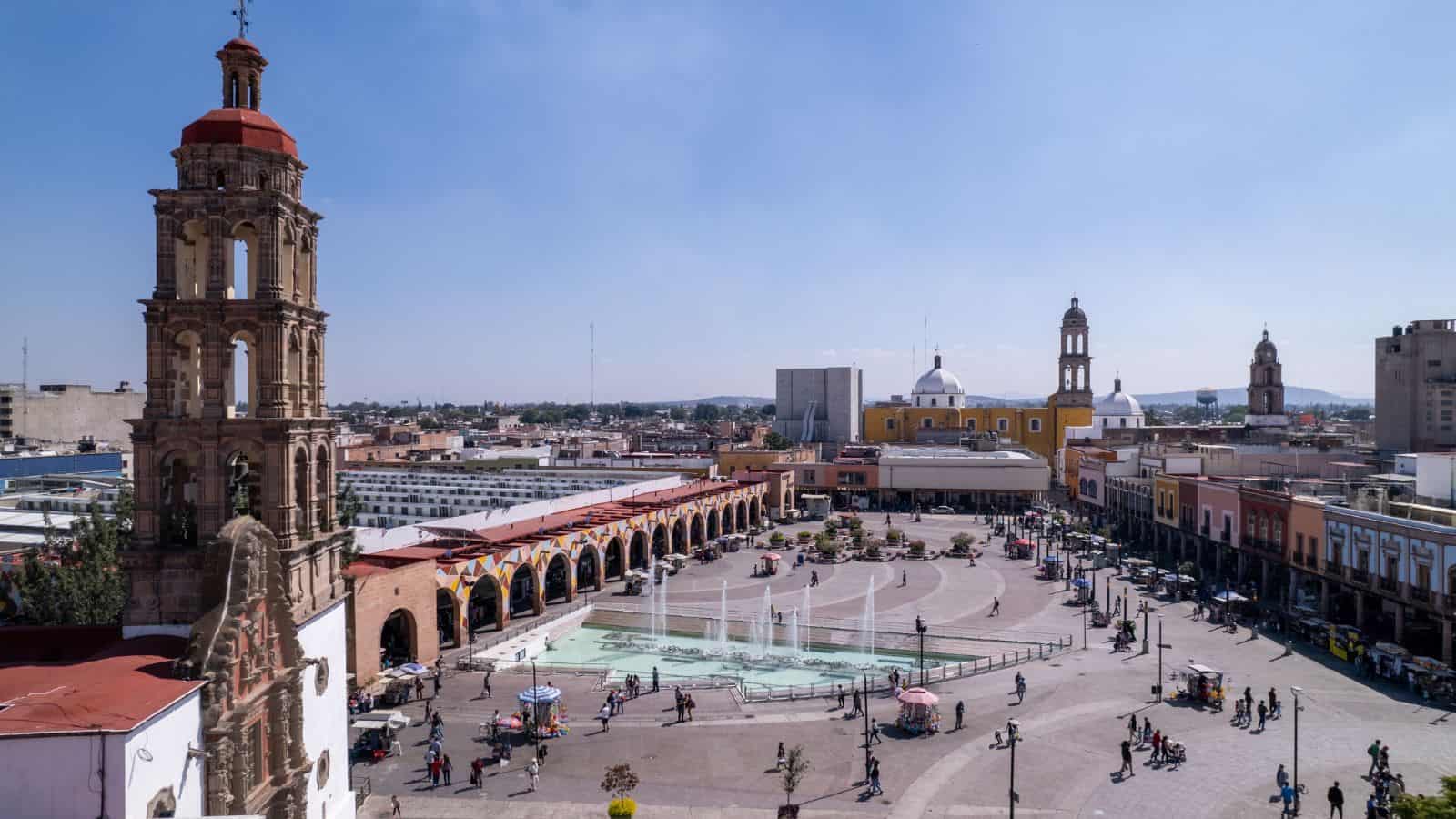Gen Z is becoming adults and entering the workforce, and as they do, they’re challenging the old habits of previous generations. They’ve got a big voice and are urging us to rethink our ways. Here are 18 things they think we should stop doing now.
Rejecting Climate Change

According to Economist Impact, “76% of US Gen Zers consider climate change to be one of their biggest concerns, and 37% say it is their top concern.” Gen Z has grown up watching the climate crisis unfold and is pushing for consumers and businesses to take action.
Ignoring Digital Privacy

Being the first generation to have grown up with the internet and computers, Gen Z is clued up when it comes to data privacy and security. As a result, they are pushing for tougher regulations on how companies can collect and use personal information.
Educational Inequality

In the US, funding for schools hasn’t kept up with increasing costs, and this is having a disproportionately large impact on schools in lower income areas. This means that the amount of resources and facilities available to you depends on where you live and your socio-economic status.
Toxic Work Cultures

This generation isn’t accepting of the toxic workplace cultures that previous generations have created and is more selective about who they work for. They look for companies that promote working in a way that’s positive for your mental health, are inclusive, and have done away with steep hierarchy structures.
Disregarding Inclusivity in Media

Demanding inclusivity in the media, Gen Z wants people of all genders, races, sexualities, and abilities to be authentically represented. They are also big critics of TV or films that promote harmful stereotypes. Izea says that “more than any previous generation, Gen Z is focused on commitment to societal change.”
Underestimating Social Movements

They’re not known for shying away from social issues, and their heavy use of social media allows them to contribute to movements such as Black Lives Matter, climate change protests, and other activism from wherever they are in the world. These digital platforms allow them to spread messages, fundraise, and organize protests quickly and effectively.
Not Using Technology in Education

Technology such as AI is widely used in the workplace, so Gen Z wants to see it incorporated into education programs in order to prepare students for work. They also want schools to utilise new approaches, such as coding boot camps and VR learning, to ensure future generations are prepared for the digital workplace.
Ignoring Housing Issues

The prices of housing, coupled with low increases in wages and the cost of living crisis, make home ownership a challenge for many Gen Zers. As a result, they’re pushing for new policies and innovative construction options that allow for cheaper housing to be built.
Overlooking Mental Health

Verywell Mind found that “Gen Z were more likely to have received treatment or gone to therapy (37%) compared to Millennials (35%), Gen X’ers (26%), Baby Boomers (22%), and the Silent Generation (15%).” While this might be because of the stressful society they have grown up in, the generation is also more open and understanding of mental health issues compared to previous generations.
Outdated Political Systems

Potentially driven by the polarization of recent years, Gen Z wants electoral systems to be reformed to allow for online voting and the restructure of electoral districts for more representative votes. They also want political systems to be more transparent and efficient to ensure that everyone’s voices are heard and reflected in policies.
Fast Fashion

While Gen Z is not quitting fast fashion altogether, there is a much wider understanding and drive to support sustainable fashion. This includes supporting brands that use eco friendly techniques and materials, upcycling clothing to fit current trends, and shopping for second hand or vintage pieces.
Rigid Lives

In their careers, relationships, and homes, Gen Zers value the ability to be flexible. Many young people opt for part time work at a number of different companies in order to keep their work interesting and fit around their lifestyle choices. Often, this work is freelance or short term, allowing them to constantly learn and innovate.
9-to-5 Jobs

Gen Z is taking the lead with the gig economy, where they’re more likely to have multiple part-time income streams than a traditional 9-5. Credit Karma says, “Nearly half (47%) of Gen Z say older generations’ obsession with work has made them rethink their career paths.”
Ignoring Young People in Policy-Making

Young people want more involvement in policy decision-making as they want politics to benefit them in the long term. They feel underrepresented in the political circle and want leaders to listen to a wider range of perspectives in order to achieve more comprehensive and modern outcomes.
Traditional Higher Education

The huge cost of higher education means that many people within this generation have opted not to go to university. They are pushing for more diverse learning options such as short, project-based courses, boot camps, and online learning that will allow students to prepare for the real world in areas that they are passionate about.
Underestimating the Power of Social Media

Growing up with access to social media, Gen Z uses it as a tool for more than just interacting with friends, but also for education, income streams, and advocacy on social issues. This means these platforms can be used to drive real change and have a huge influence on the generation.
Neglecting Financial Education

Digital currencies, robo-investors, and neo-banks have all shaken up the world of finance in recent years, and Gen Z wants more education on managing finances securely and effectively. With the cost of living so high, this is more important than ever as people seek to reach their short term and long term financial goals.
Dismissing the Gig Economy’s Potential

Gen Z are big fans of the gig economy, and they want older generations to recognise it as an important part of the modern workforce. They’re pushing for fair labor practices and benefits that match what you get in traditional employment in order to protect these workers.
Up Next: 18 Reasons Older Men Say ‘Nope’ To Relationships

Older men embrace being alone and generally prefer spending time in solitude. They’ve had a full, so don’t criticize them for being less social! The following 18 reasons explain why older men prefer to be alone and are redefining how they experience their retirement years.
18 REASONS OLDER MEN SAY ‘NOPE’ TO RELATIONSHIPS
18 Most Dangerous Cities in the World (5 Are in America)

Across the globe, there are many places you don’t want to find yourself because of the crimes waiting to occur. Sometimes, even nature can be cruel to you. This is particularly the case in the following 18 most dangerous cities in the world, five of which are in America!
18 MOST DANGEROUS CITIES IN THE WORLD (5 ARE IN AMERICA)
18 Reasons You Feel Like You Don’t Belong Anywhere

Feeling like you don’t belong anywhere can feel incredibly isolating. We need companionship to keep us connected to the world, so if you’re struggling to form relationships and don’t feel that you don’t fit in, here are 18 reasons why that might be.
